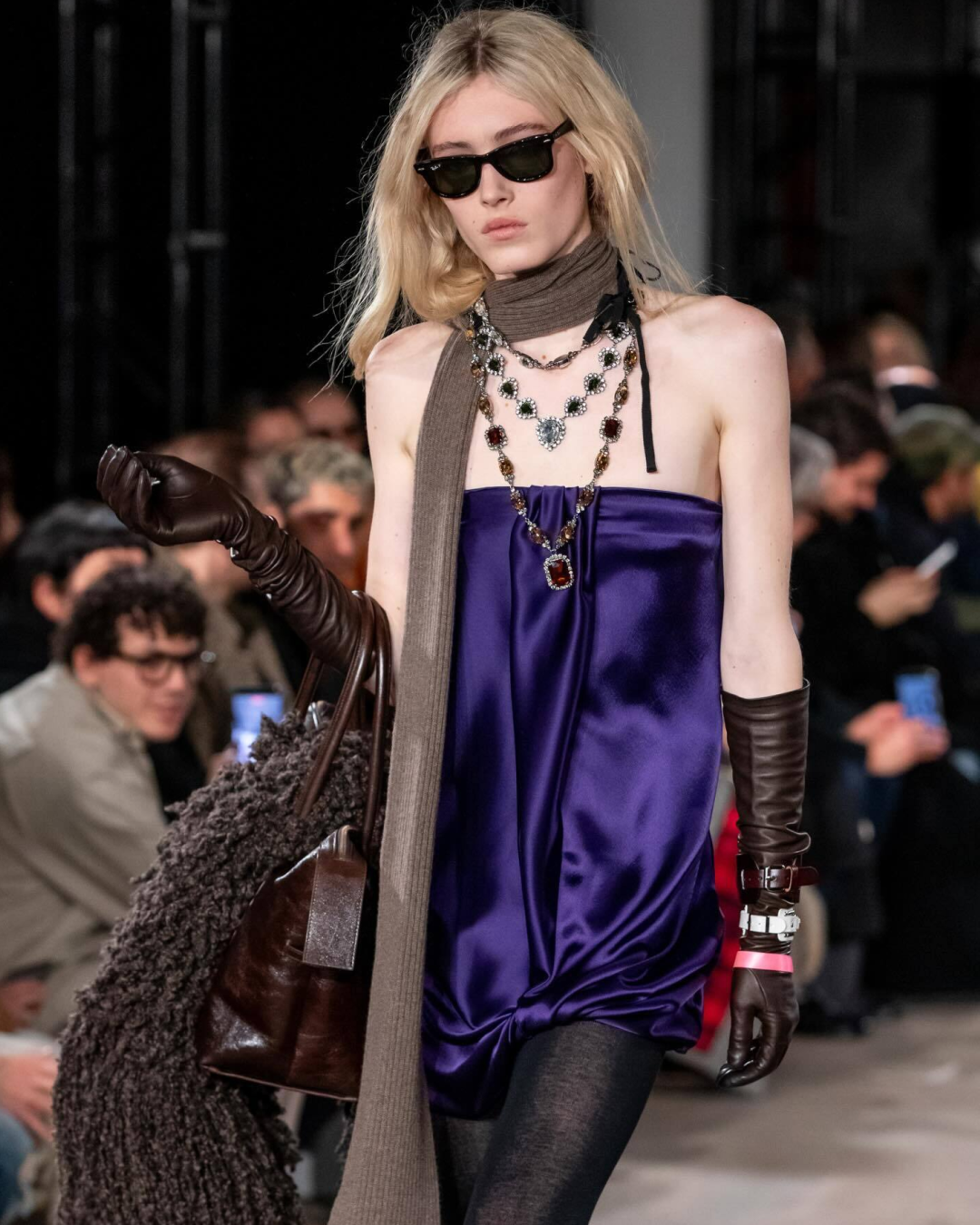
Chanel's favorite hobby? Buying the Italian supply chain In less than a month comes yet another investment by the French Maison
It almost seems like every week brings new news about Chanel's investments in the Italian supply chain. After taking a stake in Leo France – a long-time partner of the Maison in bijouterie production – and the acquisition of Grey Mer, a footwear company based in Romagna, the latest move from the French giant focuses on the core of Italian silk production with Mantero. According to Il Sole 24 Ore, Chanel has acquired a 35% stake in the Como-based company, consolidating a professional relationship that has lasted for over fifty years. This is not an exception, but rather an increasingly common strategy in the relationship between major international groups and Italian manufacturing excellence: a long-standing collaboration that evolves into an equity partnership. It’s a dynamic that has been seen repeatedly in the fashion system, where small and medium-sized family-run businesses, due to their expertise, vision, and capacity for innovation, end up becoming key nodes for those seeking reliability and quality in production.
Chanel's entry into Mantero – one of the iconic silk mills in the Como district, active since 1902 – confirms the strategic value that local supply chains continue to hold, even in an increasingly competitive global context. As Franco Mantero, current president of the company and a representative of the fourth generation of the family, told Il Sole 24 Ore, this type of operation goes far beyond a simple commercial consolidation: “I believe Chanel recognized our strategic path and the managerial structure we’ve implemented. It’s rare, in a family-run business, to see such an articulated and shared governance”. Chanel, for its part, confirmed the deal through an official statement, calling the acquisition “a natural extension” of its historical relationship with Mantero and a sign of its commitment to support development. The French Maison also stressed that the company will continue working with all its clients, maintaining operational autonomy, in line with the approach it has taken in similar past operations.
@cristina.monti Chanel scarf of my dreams styled 6 ways for summer #fyp #foryou #foryoupage #summerhaul #fashioninspo #styling #hairstyle #viral #trend #styleinspo #style #headscarftutorial #headscarfstyles #headscarf #chanel #chanelunboxing #hairstyles #headscarfstyle Not Like Us - Kendrick Lamar
Beyond the economic aspect, the operation sends a strong signal to the silk district and, more broadly, to the entire Italian textile industry. At a time when production volumes are shrinking – a trend that has intensified over the past two years – partnerships like the one between Chanel and Mantero reinforce the perception of Italy as a central hub for high-end manufacturing. “It’s a message of confidence,” said Franco Mantero, “showing how even in complex times, companies with a clear vision and the right tools can face market challenges with greater awareness.” Chanel’s decision is also highly strategic, especially considering the current global scenario marked by the trade war. The aim of becoming a self-sufficient company in terms of production represents a key lever in reducing import-export costs. Especially when factoring in two elements: on one side, the crisis in the East Asian customer base; on the other, the growing “all-American” obsession taking over the other side of the Atlantic. In this context, the most effective strategy for many luxury giants might be to play at home, with a renewed focus on the European market. At the same time, the increasingly prominent presence of the French Maison highlights a paradox: the “Italy” in Made in Italy is becoming ever more minoritarian. It’s almost inevitable to wonder whether foreign investments are now the only way to safeguard the Italian production chain.















































